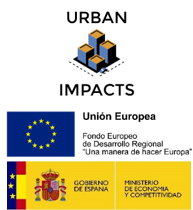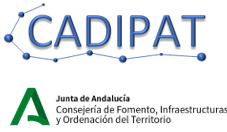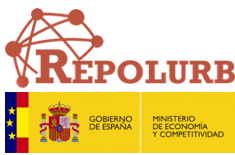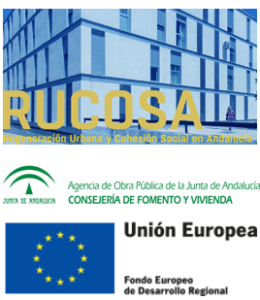This section includes information about some funded R&D research project by members of the EUrPol Team on urban policies together with other colleagues of the Urban Governance Lab and other research centres.
|
URBAN IMPACTS. Urban policies, socio-economic change, and innovation.
Government of Spain+EDRF [CSO2015-70048-R] |
 |
| Most inclusive societies are the main objective for the European Union. This issue is an expected result from EU Initiatives to promote integrated and sustainable urban development based on multi-sectorial agenda, hybrid models of multi-level governance, and public participation. Does this model of European urban policy have relevant impacts on social, economic, and cultural conditions of territories in which are applied? The main objective of this project is to analyse the impact of the initiatives on policy innovation and socio-economic impact. Projects and their impacts are analysed applying the comparative urban portfolio analysis, quasi-experimental research design, and comparative case studies. |
|
CADIPAT. The quality of urban and territorial planning design
Andalusian Regional Government [UPO-06]. |
 |
| A ‘good policy design’ provides a critical base to guarantee urban initiatives implementation and results. Therefore it is also crucial to evaluate its quality according to specific criteria about the ‘good quality’ of these initiatives. Based on the New Urban Agenda criteria about integral urban policies, the project has produced an evaluative system about the quality of urban initiatives, and an on-line instrument open to everyone interested in this vital aspect of urban policies. Universities from six countries integrated into the RED-MUNI have participated in this project |
|
REPOLURB. The new challenges of urban policies: governance, innovation, and co-production.
Government of Spain [CSO2016-81806-REDT] |
 |
| Different universities participate in this research network about innovation in urban policies. Through research meeting and seminars, different visions, methodological strategies and cases as regards innovation in different sector of urban policies have been analysed. In addition to the original research team, senior and junior researchers have to participative in seminars previous invitation and an open call. |
|
RCS. Urban regeneration and social cohesion.
Andalusian Regional Government+EDRF [GGI30011/DIY] |
 |
| Does urban regeneration processes promote social cohesion in vulnerable neighbourhoods? The project combines different methodological strategies to analyse the design, implementation and impact of urban regeneration project on various dimensions of social cohesion (space, economic development, employment, education, health, participation). Desk work, a survey among persons in charge of projects, quasi-experimental research design on secondary and survey data, and ethnographic work through a comparative case study, are used to provide information about critical aspects of these initiatives and their impacts. |